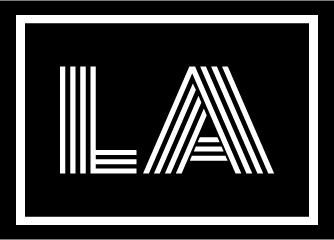In a notable development, the United States has implemented a ban on the importation of Apple’s popular Apple Watches, prompting a closer examination of its implications for consumers and the subsequent steps Apple may take.
The ban stems from a directive issued by the US International Trade Commission (ITC) in October, which ordered Apple to cease importing and selling Apple Watches.
This action was in response to a complaint filed by Masimo, a medical-monitoring technology company.
The ITC, a federal agency specializing in international trade disputes, concluded that a feature in Apple Watches designed to read blood-oxygen levels infringes on Masimo’s pulse oximetry patents.
Despite having a 60-day window until December 25, the Biden administration chose not to intervene or veto the order based on public policy concerns. Consequently, attention turned to the implications for consumers and Apple’s future course of action.
To mitigate the ban’s impact, Apple took a proactive step by announcing on December 18 that it would halt US sales of its latest high-end Series 9 and Ultra 2 models ahead of the Christmas Day deadline.
Importantly, the ban does not extend to the lower-priced Apple Watch SE, which lacks pulse-oximetry capabilities and remains available for purchase.
While the ITC ruling specifies that it pertains only to Apple Watches featuring the contentious light-based pulse oximetry capability, it does not explicitly identify which models are affected.
Pulse oximetry was first introduced by Apple in its Series 6 watches, with Masimo arguing that all Apple Watches with this technology infringe on its patents. As a result of the ban, Apple also declared it would cease replacing out-of-warranty watches dating back to Series 6.
It’s worth noting that the ban’s scope is limited to Apple and its affiliated entities, potentially sparing other retailers selling Apple Watches from its impact.
As of December 26, Series 9 Apple Watches remained available from various sellers, including major platforms like Amazon, Best Buy, and Walmart.
The accusations against Apple from Masimo add a layer of complexity to the situation. Masimo alleges that Apple hired its employees and misappropriated its technology after discussing a potential collaboration.
A jury trial in California federal court on Masimo’s claims concluded with a mistrial in May, with no rescheduled date as of now.
Apple, in turn, has characterized Masimo’s legal actions as an attempt to pave the way for its competing smartwatch and has countersued Masimo for patent infringement in Delaware federal court.
Looking ahead, Apple’s options involve appealing the ban to the US Court of Appeals for the Federal Circuit in Washington. However, the ITC rejected Apple’s request to halt the ban during an appeal on December 20.
Additionally, there are reports that Apple is actively working on software modifications to ensure its watches operate without infringing Masimo’s patents.
If approved by US Customs and Border Protection, this workaround could pave the way for Apple to resume importing and selling the watches.
In response, Masimo contends that its patents encompass hardware, suggesting that a software fix might not suffice.
Amidst these legal battles, Masimo’s CEO, Joe Kiani, has expressed a willingness to explore a potential settlement to resolve the dispute.
The outcome of these complex legal maneuvers will undoubtedly shape the future trajectory of Apple’s involvement in the wearable technology market.
Source: allsides.com

